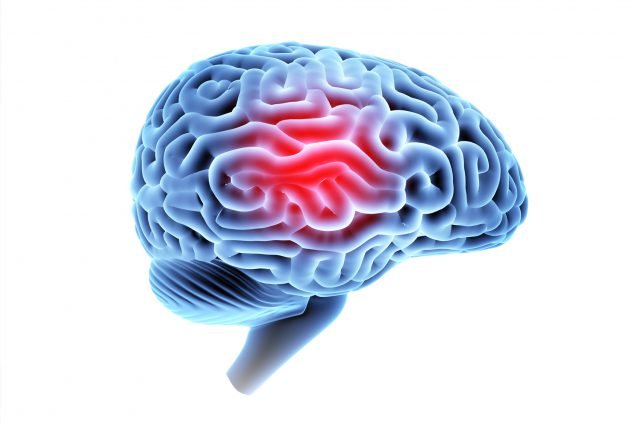Neurospine Hospital & Revive Critical Care
Traumatic Head Injuries
Home / Traumatic Head Injuries
What are Traumatic Head Injuries?

What are the Symptoms of a Traumatic Head injury?
- Behavior or mood changes.
- Confusion or memory problems.
- Convulsions or seizures.
- Dilated pupils or blurred vision.
- Dizziness, fainting or fatigue.
- Headaches.
- Nausea and vomiting.
- Restlessness or agitation.
- Sensitivity to light and smell.
- Sleeping too much or too little.
- Slurred speech.
Types of Head Injuries
- Concussion: This is the most common type of head injury. It can range from mild to severe. You don’t have to be hit in the head to get a concussion. An impact elsewhere on the body can create enough force to jar the brain.
- Contusion: A bruise on the actual brain itself is called a contusion. It can cause bleeding and swelling.
- Intracranial hematoma (ICH): This is bleeding under the skull in the brain that forms a clot. Brain hematomas range from mild to severe and are grouped according to where they form.
- Skull fracture: Sometimes, a broken skull bone can affect the brain. The broken pieces of bone can cut into the brain and cause bleeding and other types of injury.
Treatment of Head Injuries
If you think you may have a concussion or suspect that someone else has one, the most important step to take is to prevent further injury. Stop whatever activity you are involved in and tell someone you think you may have been injured. Then get medical attention. If you’re playing as part of a team, ask to be taken out of the game and tell the coach what happened. If a fellow player has signs of being confused or a sudden loss of coordination, be sure to report this to a coach. If you are coaching a team and you notice a potential injury, take the person out of the game, and see that the person gets medical care.
Receiving medical attention as soon as possible is important for any type of potentially moderate to severe THI. Undiagnosed injuries that don’t receive proper care can cause long-term disability and impairment.
Head Injury Risk Prevention
- Football
- Hockey
- Horseback riding
- Riding powered recreational vehicles
- Skateboarding and riding scooters
- Skiing
- Snowboarding
- Wrestling

